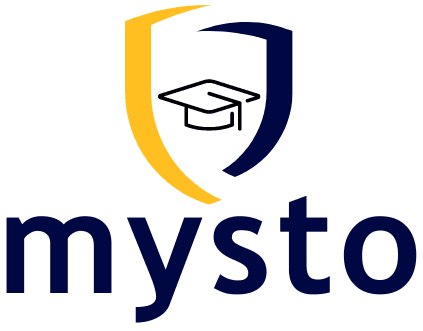1. Academic Success
A strong command of the local or instructional language enables students to understand lectures, engage in discussions, complete assignments, and write exams confidently. Even in English-taught programs, understanding the regional language can help with navigating daily academic life. It helps reduce dependence and builds confidence and independence in a new environment.
2. Cultural Immersion
Language is a mirror of culture. When international students learn the local language, they connect more deeply with the customs, humor, and everyday life of their host country. This not only enhances personal growth but also fosters inclusivity and a sense of belonging.
3. Career Opportunities
Language skills offer a competitive edge in the global job market. Multilingual professionals are in high demand in fields like international business, hospitality, diplomacy, fashion, and tech. For example, bilingual proficiency is often a preference in regions like Quebec, where French is dominant, or in global corporations requiring communication across markets.
4. Social Connections
Understanding and speaking the local language breaks social barriers and allows international students to build friendships and networks more easily. From ordering coffee to joining cultural festivals, language builds confidence and creates memorable experiences.









Leave Comments
No comments yet. Be the first to leave a comment!